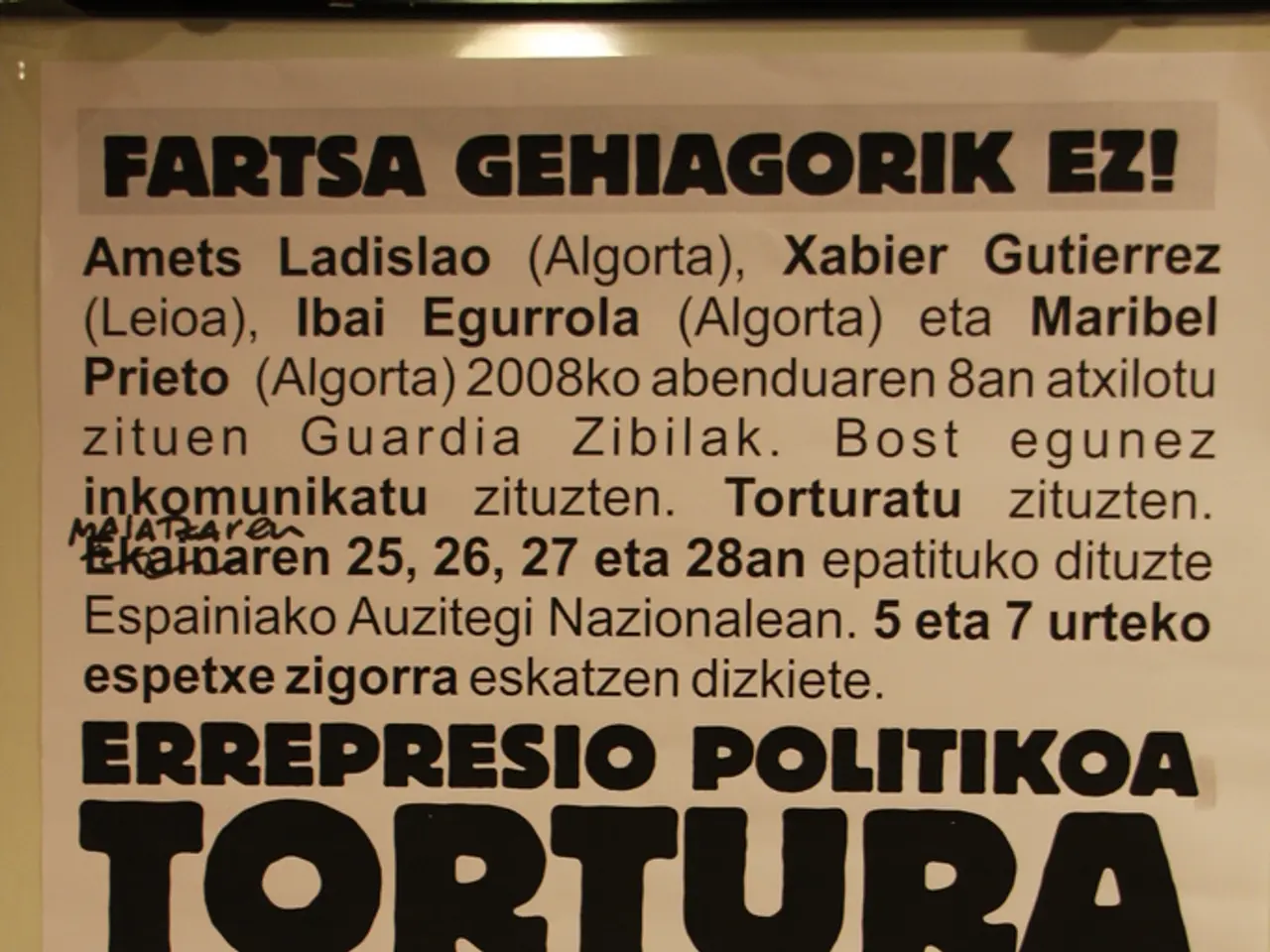Tragic Violence: Over 200 Indigenous Lives Lost in Brazil in 2024
In the heart of Brazil, a tragic incident unfolded in January 2024, as around 200 farmers broke into the Inhuma farm, resulting in the murder of Maria Fátima Muniz de Andrade, also known as Nega Pataxó, and injuring several indigenous people in the municipality of Potiraguá, Bahia.
This incident is a stark reminder of the ongoing struggles faced by indigenous communities in Brazil. Despite the regularization of many indigenous lands, these territories have been under constant pressure from speculators, cattle ranchers, hunters, loggers, miners, and other invaders. The context of territorial rights disarray has emboldened these invaders, leading to a significant number of invasions and illegal activities.
According to a report prepared by an organization linked to the Catholic Church, there were 230 invasions of indigenous reserves in Brazil in 2024, representing a 16.7% decrease compared to the previous year. However, the report also highlights the alarming fact that 159 indigenous lands in 21 of the 27 states of the country suffered some form of land invasion, illegal exploitation of resources, or damage to heritage.
The report, titled "Violence against Indigenous Peoples in Brazil," further notes that these incidents demonstrate the difficulties of the Brazilian state in protecting indigenous lands and ensuring the exclusive usufruct of indigenous peoples over their territories. In most cases, the lands suffered fires, and the invasions led to illegal extraction of natural resources and illegal use of the lands for agricultural activities.
The incidents are primarily linked to disputes over land and natural resources, especially in regions where deforestation and illegal mining have increased. Many indigenous communities, due to the stagnation in administrative demarcation processes, have resumed and reoccupied part of their lands, resulting in violent reactions from large landowners.
The source of this information is EFE / ECOticias.com. The report also states that the enactment of the "Temporal Framework" law led to an almost total stagnation of ongoing demarcation processes for indigenous lands. Approved in December 2023, this law supports a controversial legal thesis that limits the rights of indigenous peoples to lands they effectively occupied on October 5, 1988.
The secretary-general of the National Conference of Bishops of Brazil, Bishop Ricardo Hoepers, described the report as a "cry for life, for justice, for dignity." He hopes the report will serve as an instrument to transform realities, sensitize consciences, and pressure public powers to assume their historical responsibility towards indigenous peoples.
Brazilian society and the international community are urged to take immediate action to stop crimes against indigenous communities and ensure justice for the affected people. The report ends with a call for action, stating that it is for these reasons that action is necessary.
Read also:
- Peptide YY (PYY): Exploring its Role in Appetite Suppression, Intestinal Health, and Cognitive Links
- Easing Pedestrian Traffic Signal Pressure
- Astral Lore and Celestial Arrangements: Defining Terms & In-Depth Insights - Historical Accounts & Glossary of Cosmic Mythology
- ICE directed to enhance detention conditions following NYC immigrants' allegations of maltreatment








